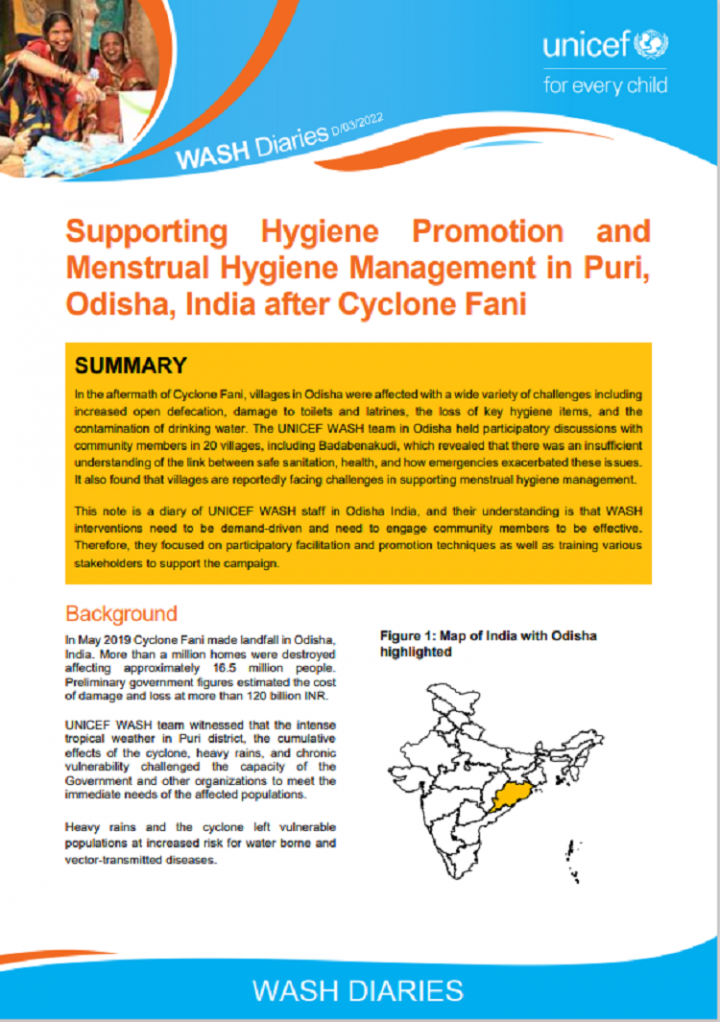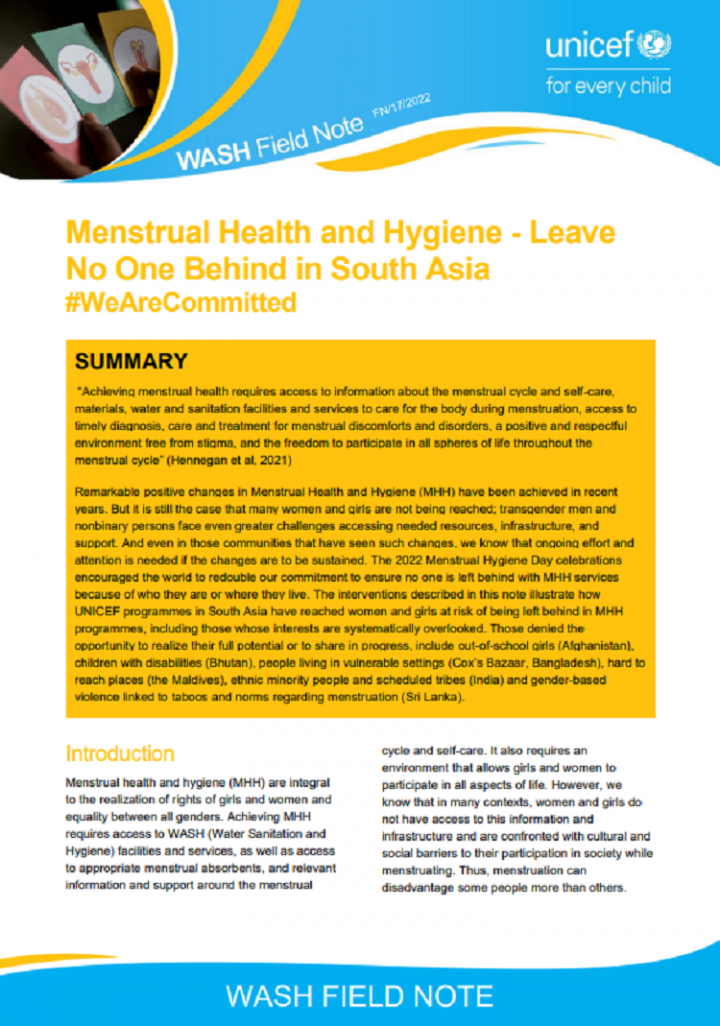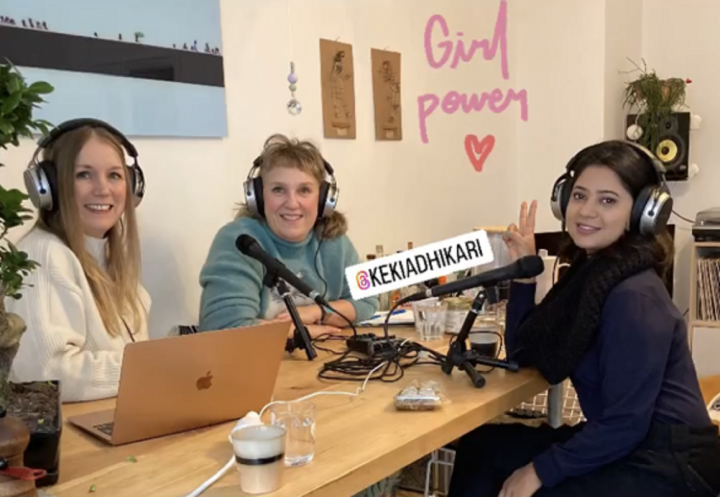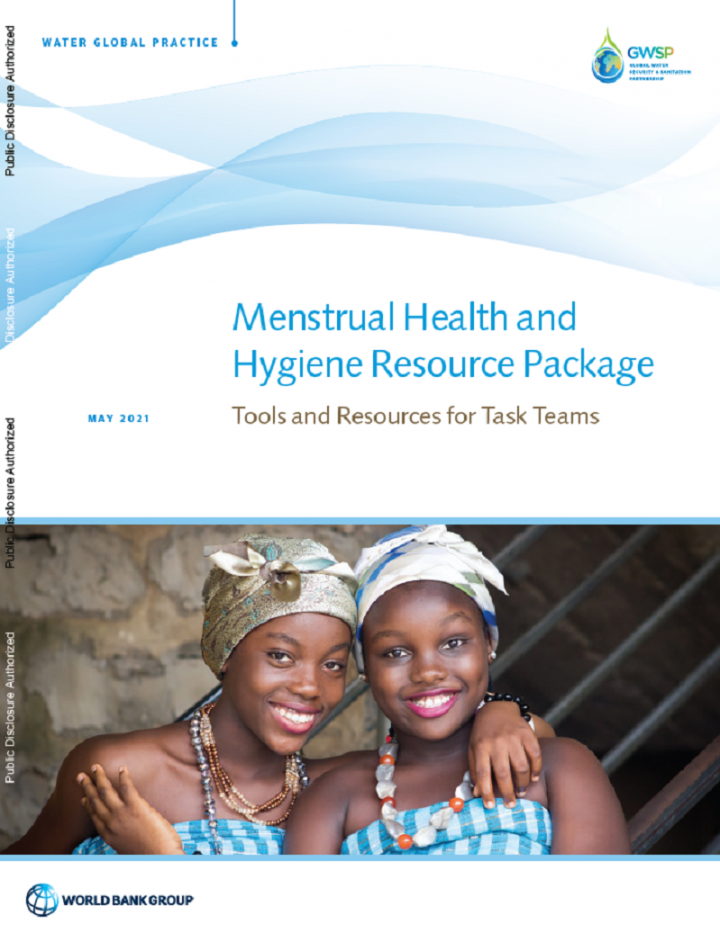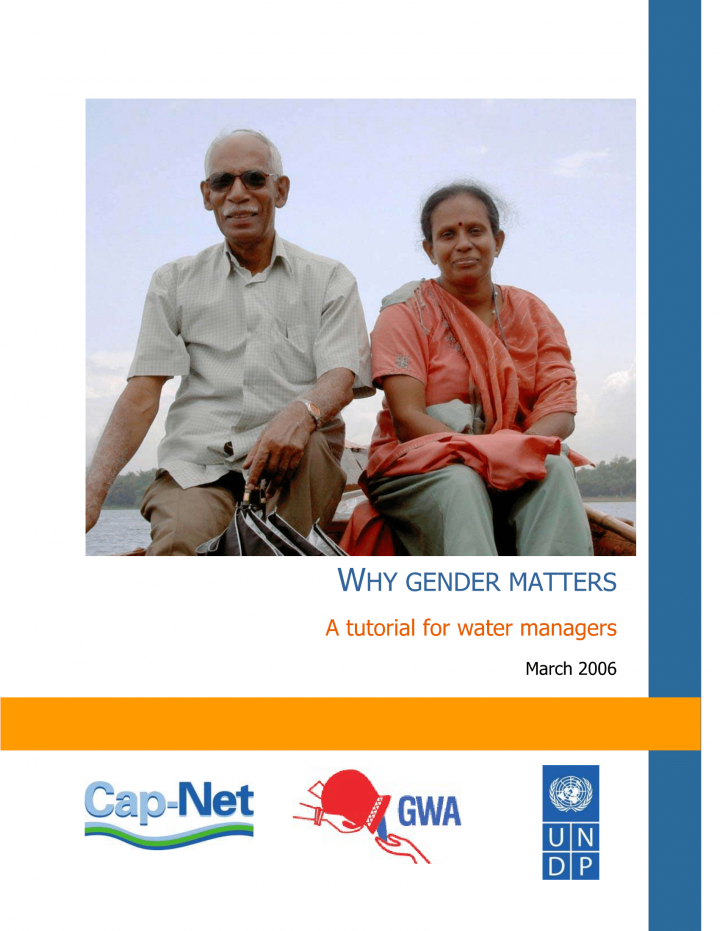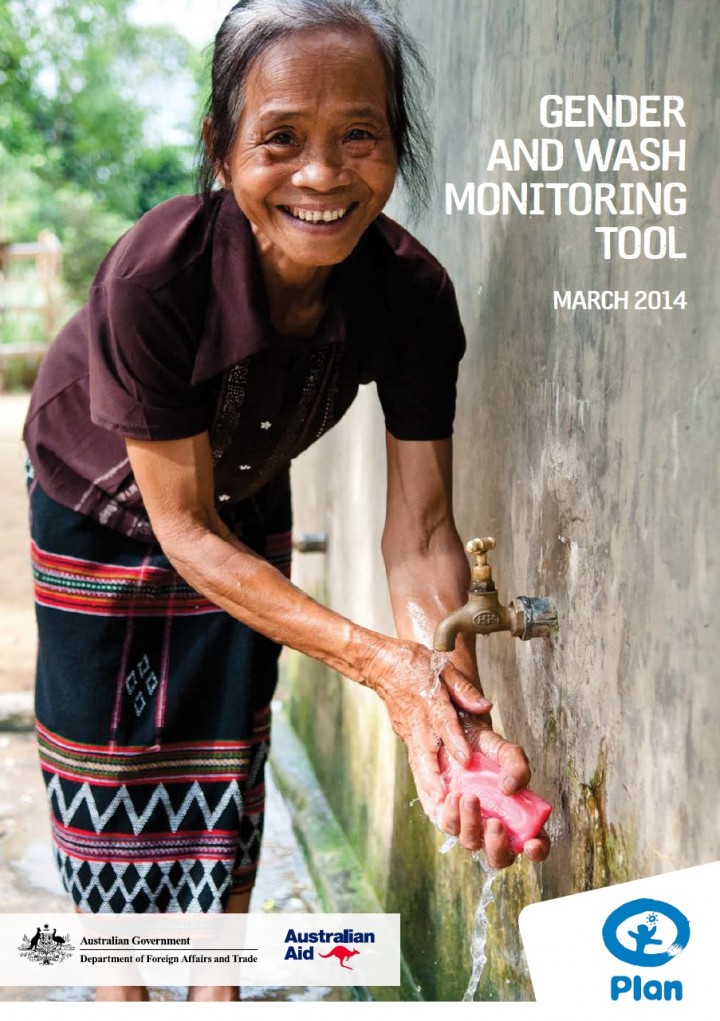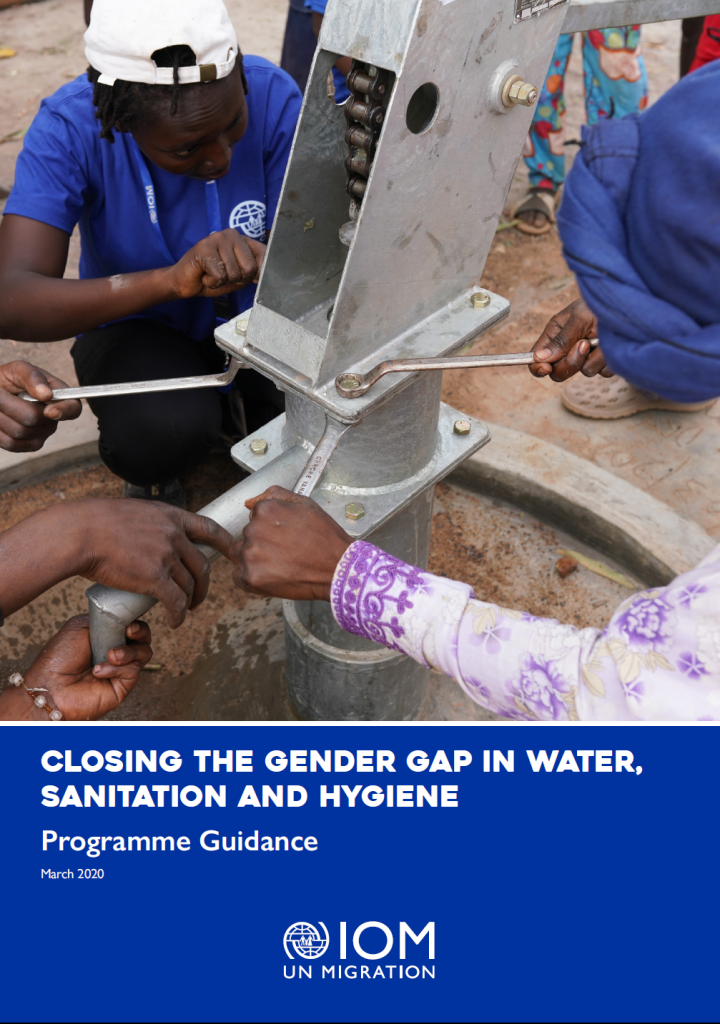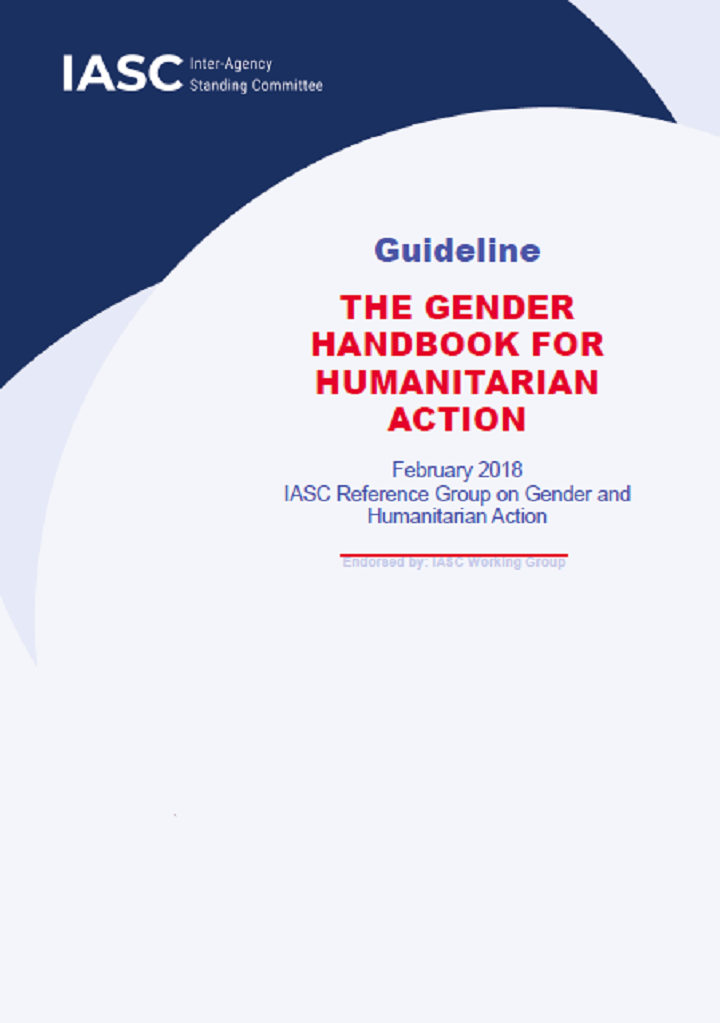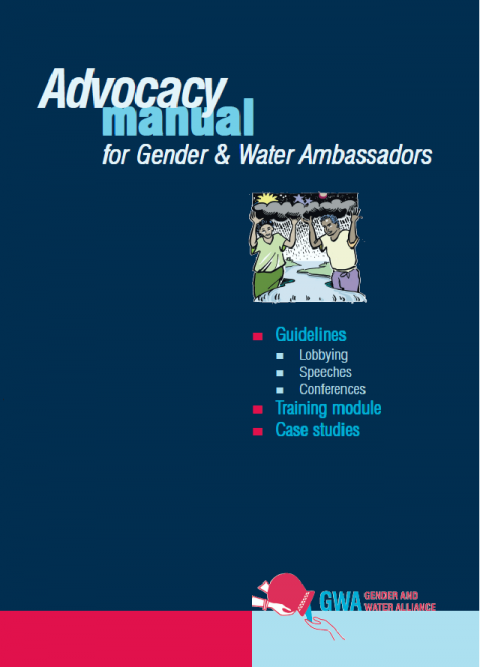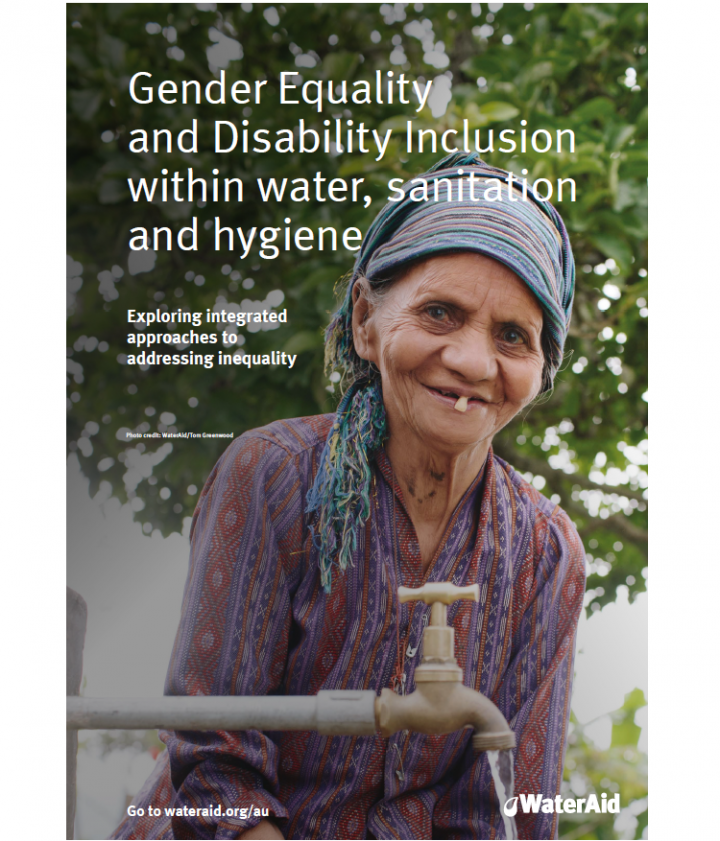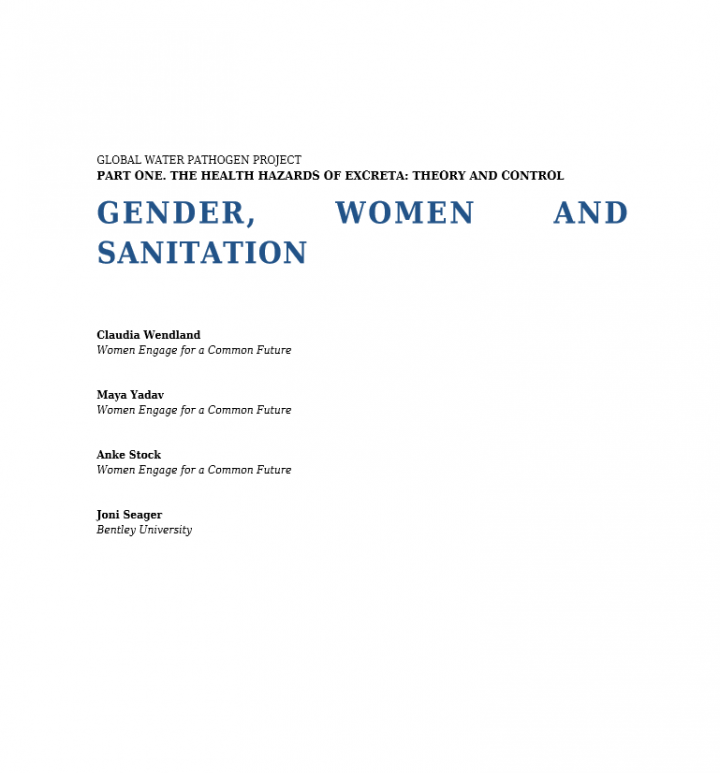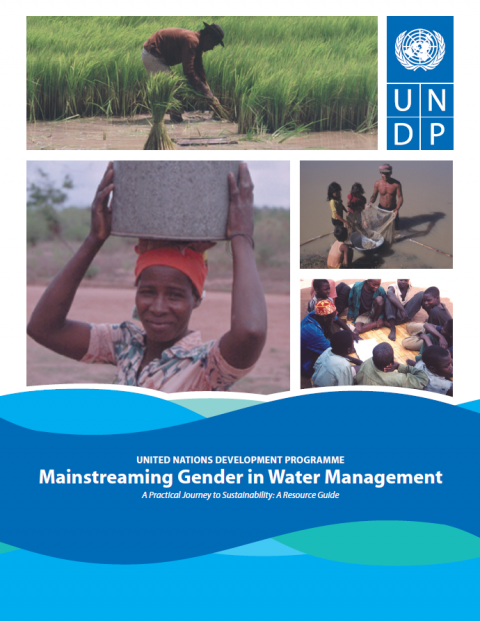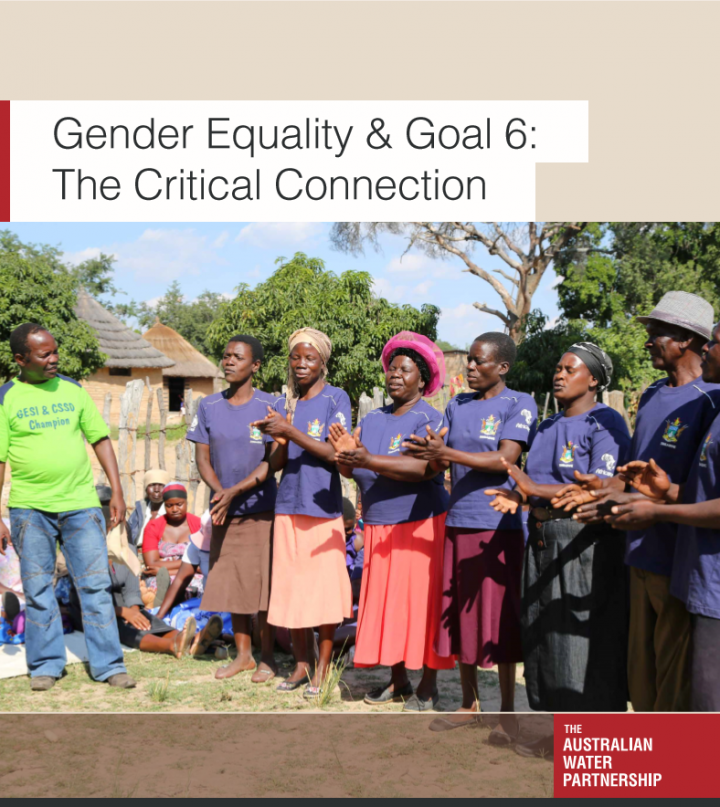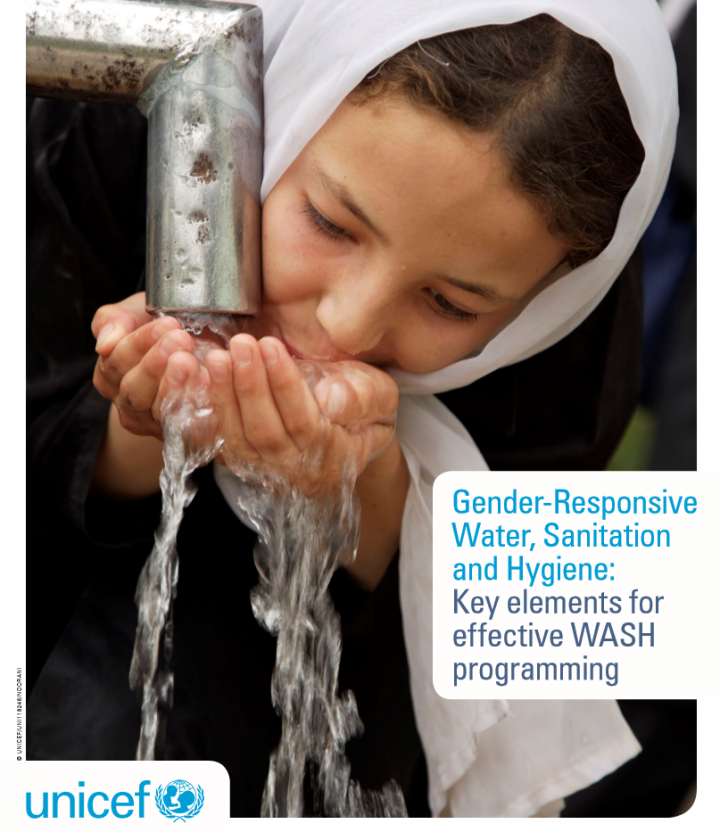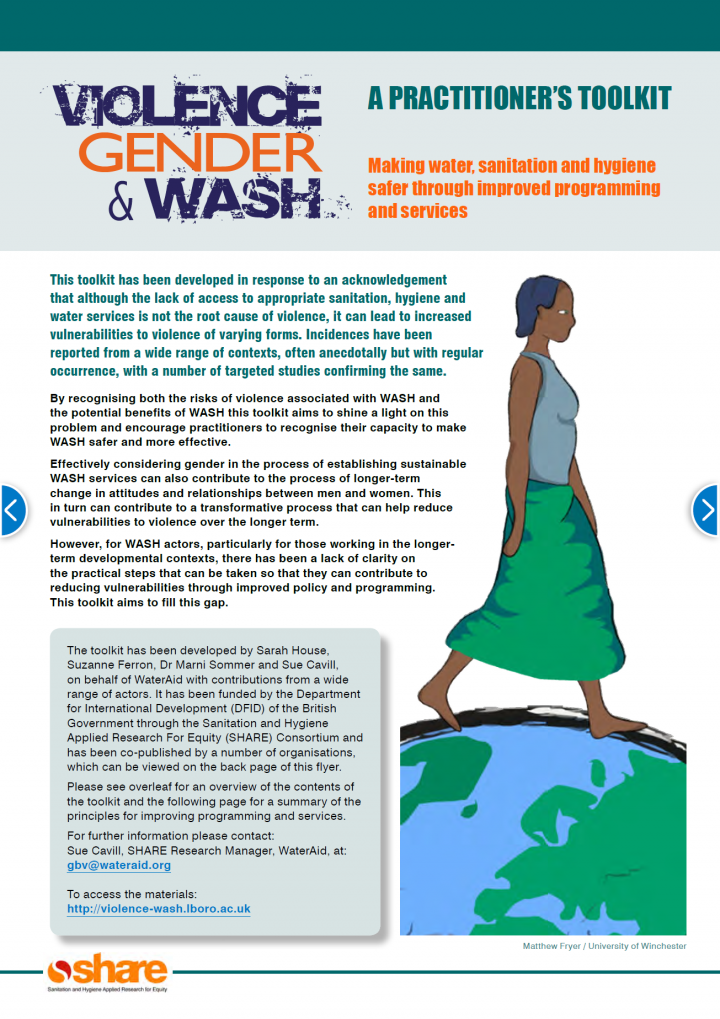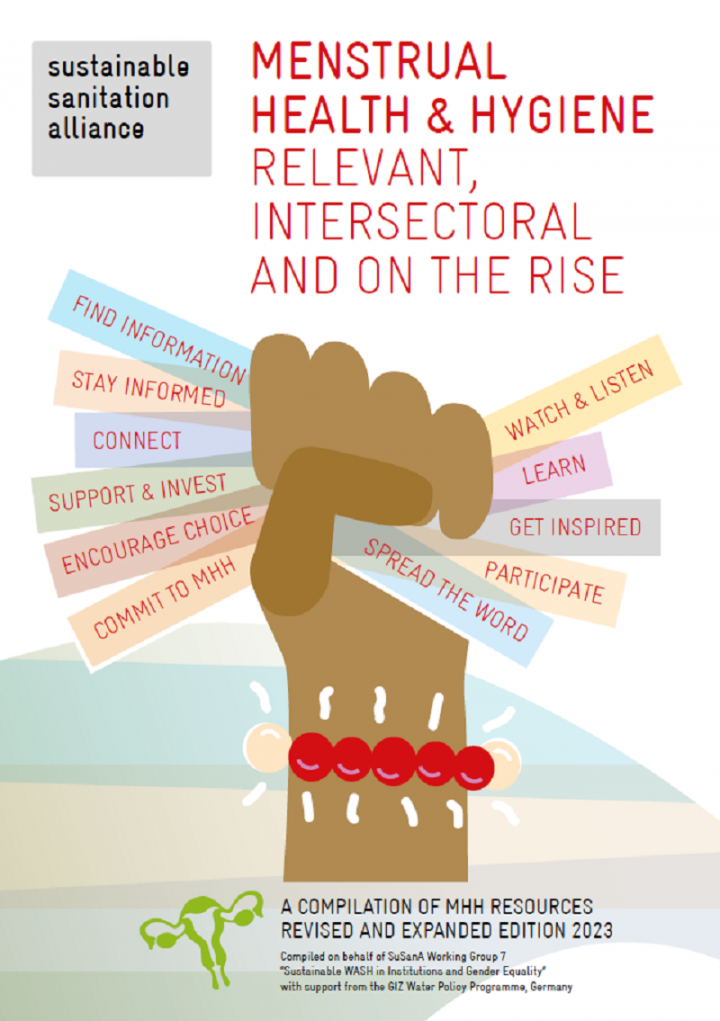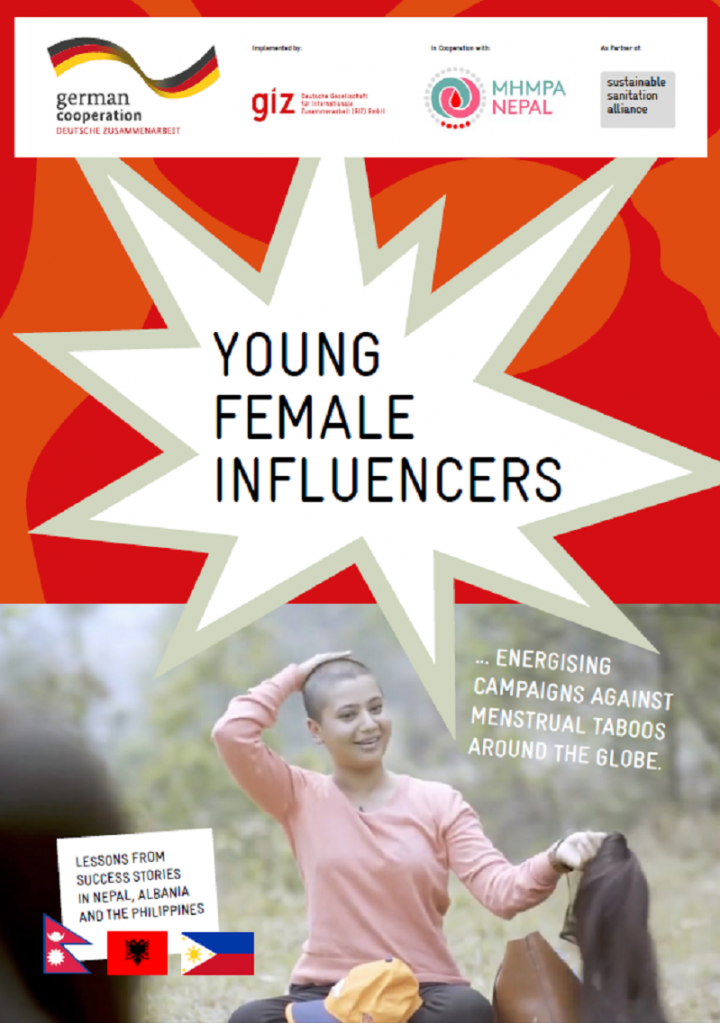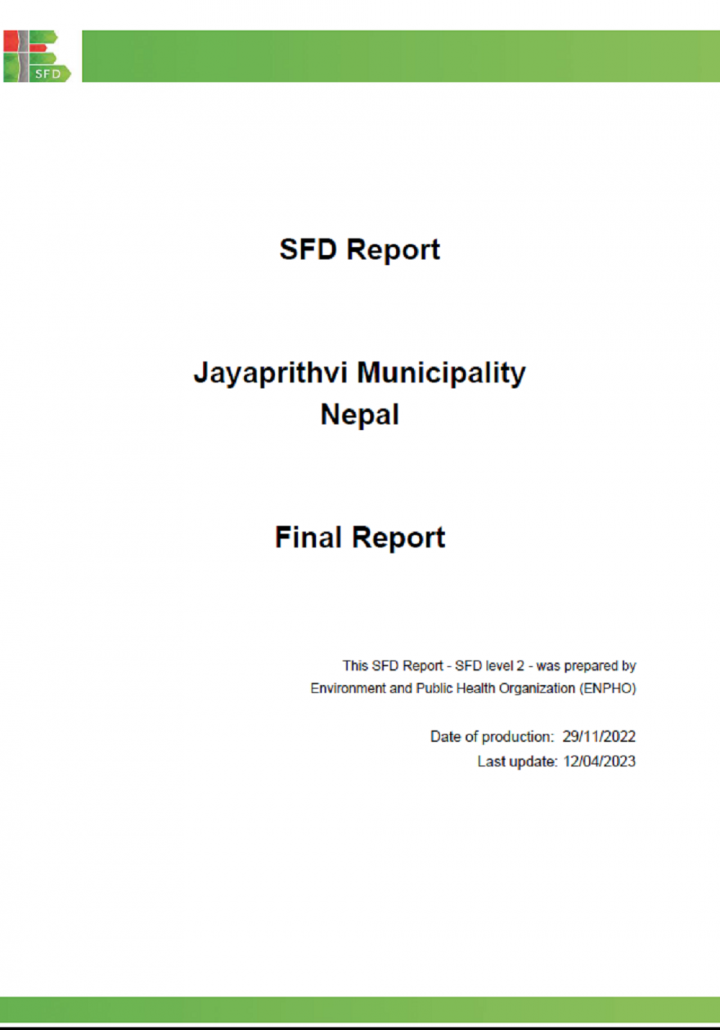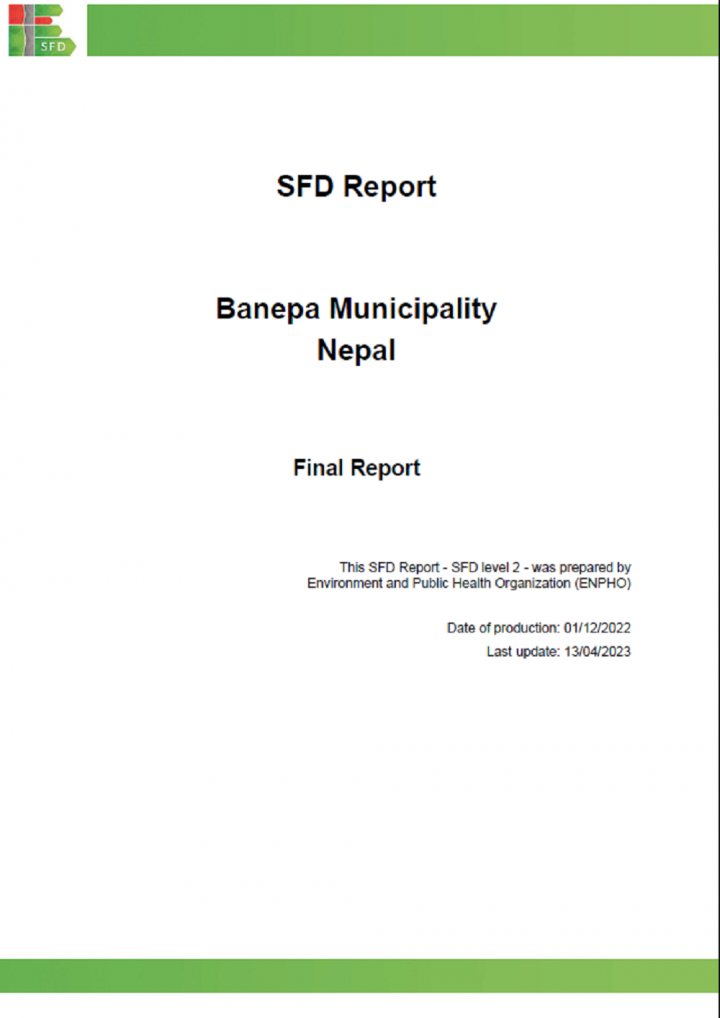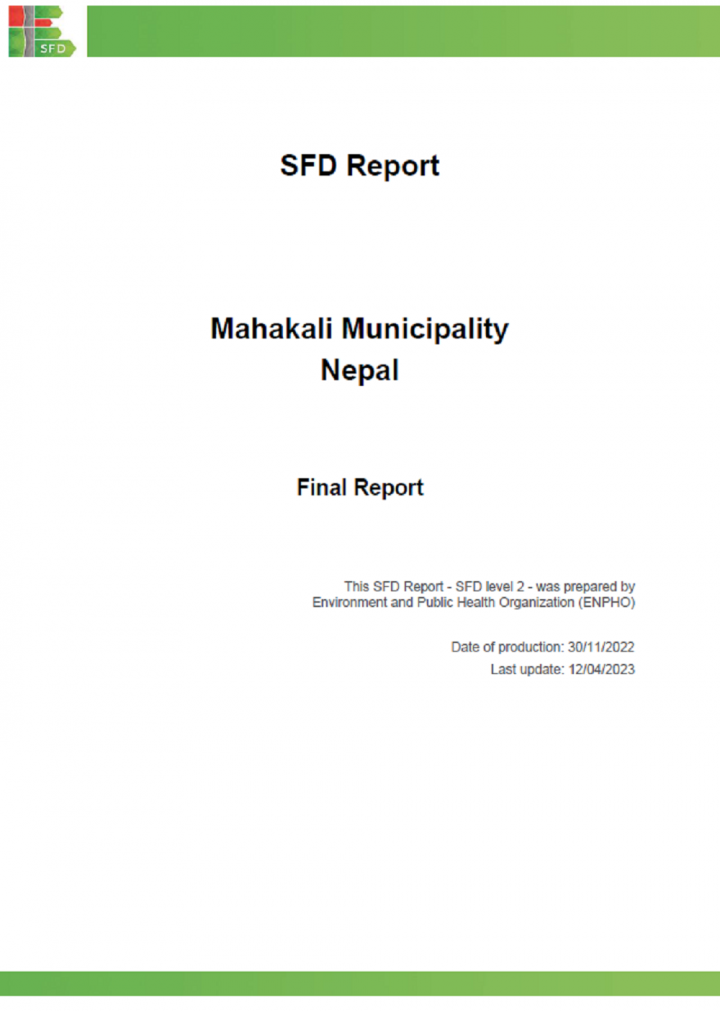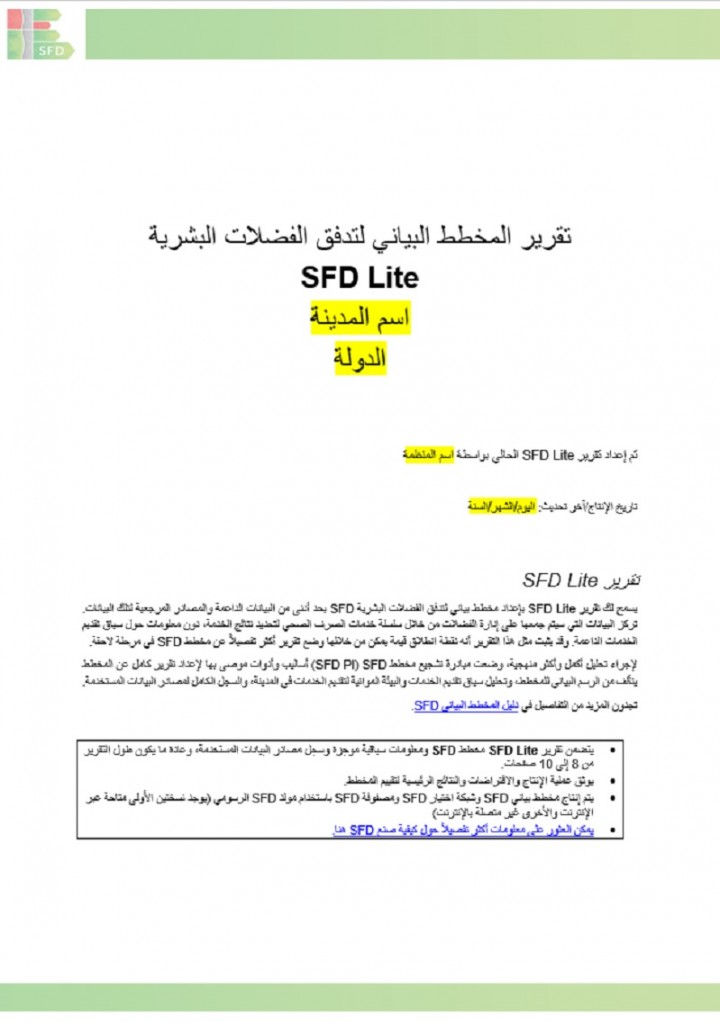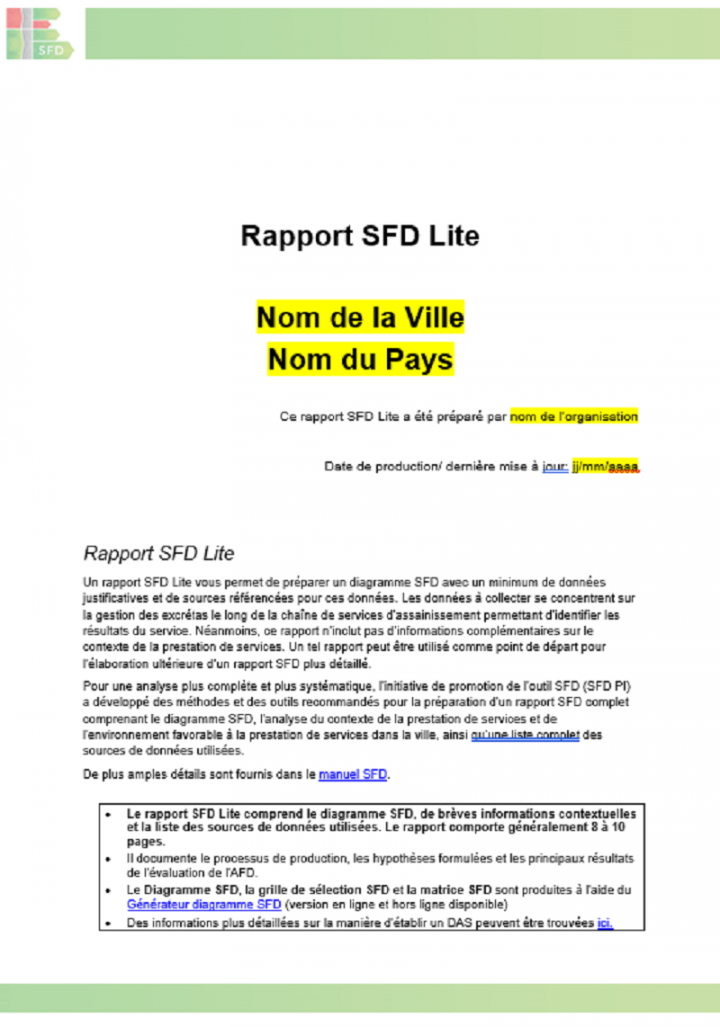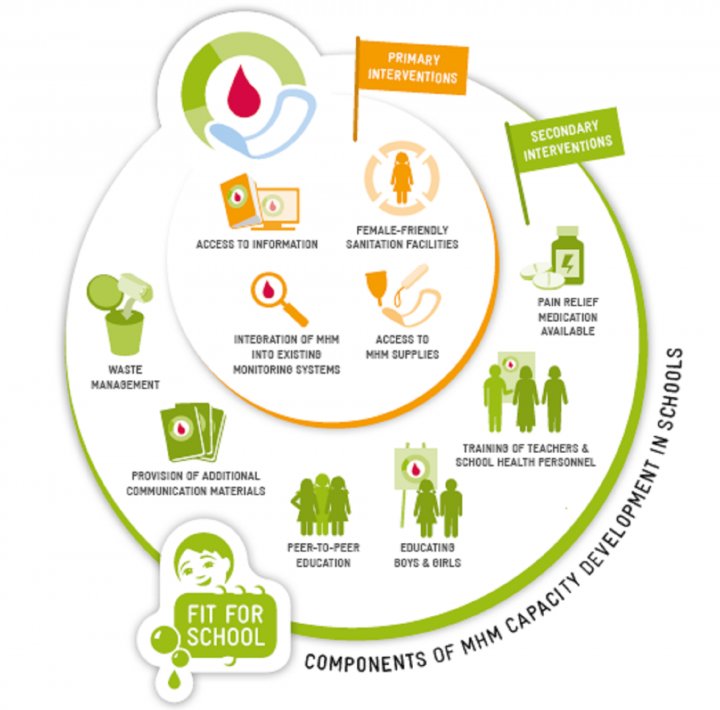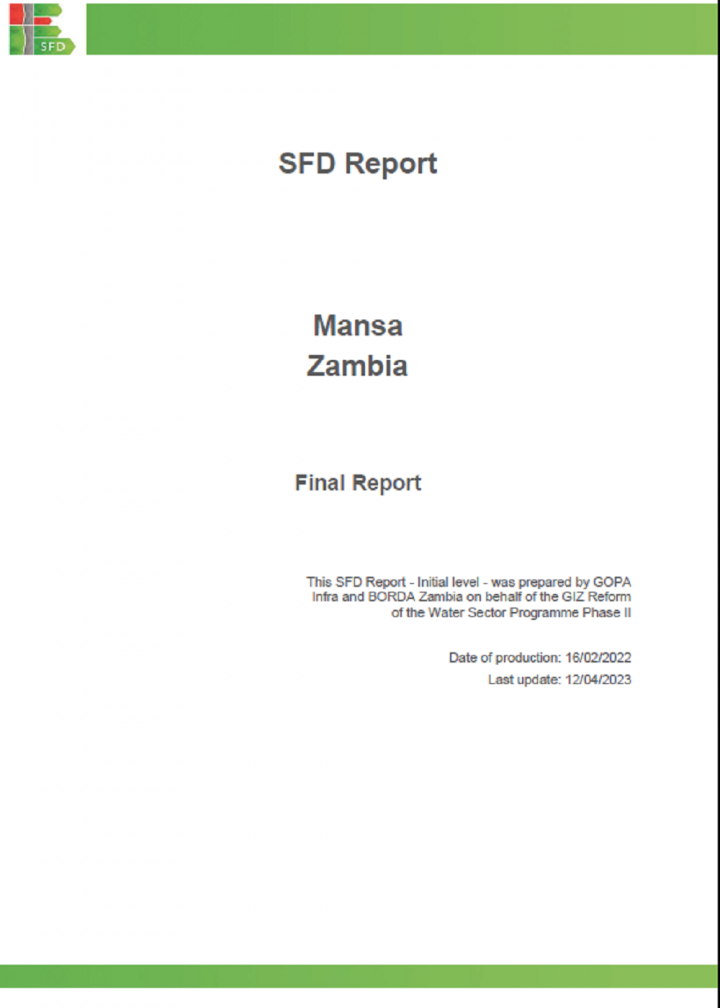Searching for information on Sanitation Workers?
The Sanitation Workers Knowledge + Learning Hub is the best source for all current news, trends, articles and updates on sanitation workers rights around the world.
In the aftermath of Cyclone Fani, villages in Odisha were affected with a wide variety of challenges including increased open defecation, damage to toilets and latrines, the loss of key hygiene items, and the contamination of drinking water. The UNICEF WASH team in Odisha held participatory discussions with community members in 20 villages, including Badabenakudi, which revealed that there was an …
“Achieving menstrual health requires access to information about the menstrual cycle and self-care, materials, water and sanitation facilities and services to care for the body during menstruation, access to timely diagnosis, care and treatment for menstrual discomforts and disorders, a positive and respectful environment free from stigma, and the freedom to participate in all spheres of life …
"Follow your heart!" How a Bollywood star is empowering Nepalese women and winning our hearts in the process
Keki Adhikari is a Nepalese superstar with 1.3 million followers. Join us as we celebrate the power of change, which is only accepted when it reaches the heart. Keki talks about taboo subjects such as menstruation and forced marriage, slowly but surely changing women's rights in Nepali …
The purpose of this resource package is to assist World Bank task teams in ensuring that their projects are inclusive and responsive to the needs of women and girls. The tools included in this package are practical and user-friendly and guide task teams on how to design and monitor effective, inclusive, and sustainable menstrual health and hygiene (MHH) initiatives as part of their water supply, …
This tutorial is primarily aimed at those people interested in or responsible for managing water resources. We wanted to show how addressing gender will improve efficiency of water use and environmental sustainability. A gender approach will also improve social benefits and equity from use of our water resources.
Plan International Australia (Plan Australia) would like to share the Gender and WASH Monitoring Tool (GWMT). Promoting gender equality demands significant attention in every WASH intervention as gender relations are integral to the effectiveness and sustainability of WASH. The literature suggests that measuring change in the context of gender relations presents ongoing challenges for monitoring …
The International Organization for Migration (IOM) is committed to the principle that humane and orderly migration benefits migrants and society. As the UN Migration Agency, IOM acts with its partners in the international community to assist in meeting the operational challenges of migration; advance understanding of migration issues; encourage social and economic development through migration; …
The Inter-Agency Standing Committee (IASC) published the original Women, Girls, Boys and Men. Different Needs — Equal Opportunities: Gender Handbook in Humanitarian Action in 2006. The purpose of the handbook was to provide humanitarian actors with guidance on gender analysis, planning and actions to ensure that the needs, priorities and capacities of women, girls, men and boys are considered …
Addressing gender inequality and disability rights is critical to a rights-based approach to water, sanitation and hygiene (WASH) programming. Rights-based WASH should reflect all human rights principles, including ‘equality
and non-discrimination’, and ‘participation and inclusion’. Approaching WASH with an inclusive lens is essential for achieving universal acces.
This paper centres …
Women and girls are especially affected by inadequate sanitation because of gender related differences - cultural and social factors - but also because of sex-related differences - physiological factors. Gender refers to the social differences and relations between men and women which are learned and often constructed and which differ in various societies and can change over time.
There are …
Abstract
Innovators in the water and sanitation sector are focused on closing the sanitation gap in developing countries through innovation in technologies that enable waste treatment onsite. To ensure universal access, these technologies need to meet the practices and preferences of different genders. This paper uses an online survey and follow-up telephone interviews with technology developers …
Sustainable Development Goal 6 (Goal 6) to ‘ensure availability and sustainable management of water and sanitation for all’ requires explicit attention to gender equality and inclusion. Universal access to safely managed water, sanitation and hygiene (WASH) and appropriate management of water resources will only be achieved if the rights of women and marginalised people are fulfilled. The …
Effective gender-responsive programming in the Water, Sanitation and Hygiene (WASH) sector can contribute to progress towards gender equality and important WASH results. This document outlines essential elements that WASH practitioners should take into account at all points in the programme cycle in order to enhance a gender-responsive approach to their work.
Ensuring that women and girls have …
This toolkit has been developed in response to an acknowledgement that although the lack of access to appropriate water, sanitation and hygiene services (WASH) is not the root cause of violence, it can lead to increased vulnerabilities to violence of varying forms. Incidences have been reported from a wide range of contexts, often anecdotally but with regular occurrence, with a number of targeted …
The 4th edition of a comprehensive compilation of menstrual health and hygiene (MHH) resources provides an overview and categorization of the key resources available to date. This publication brings together a wealth of resources, including research, case studies, project examples, and informational materials for everyone interested in MHH.
Its main purpose is to offer individuals and …
German-supported projects in Nepal, Albania and the Philippines are involving local social media influencers and celebrities to break down taboos around menstrual health and hygiene. To great effect! GIZ’s short film ‘Tackling Taboos’ has been nominated for the WHO film festival ‘Health for all’. Shortlisted out of more than 1000 entries, the film is in the final 70 — and the only one …
Jayaprithvi Municipality is situated in the hilly region of the southeast of Bajhang District, which is situated in the northern region of Nepal's far western. The former Rithapata, Chainpur, Hemantabada, Luyanta, and Subeda Village Development Committees were merged to form this municipality on 10th March 2017. The municipality is divided into eleven political wards. The municipality has a total …
Banepa Municipality is located in Kavrepalanchok District, Bagmati Province of Nepal. It has 14 wards and covers the area of 54.59 sq km. It is surrounded by Panauti Municipality in the south, Mandandeupur Municipality in the north, Dhulikhel Municipality and Panchkhal Municipality in the east, and Bhaktapur District in the west. The municipality has urban and rural settlements. Particularly, …
Mahakali Municipality is in Darchula District of Sudurpaschim Province, Nepal. It is divided into nine wards and covers an area of 135.11 sq. km. It is formed by merging the former headquarters of Darchula district i.e., Khalanga, ward 4 to 17 of Api Municipality and Dattu Village Development Committee (VDC). It lies in the lesser Himalaya region with an elevation of 900 m to 3,100 m above mean …
The GIZ Regional Fit for School Programme in cooperation with the Sector Programme “Sustainable Sanitation” has developed a MHM in Schools concept, which is modular, culturally adaptable and consists of a primary and secondary intervention package. This publication is providing a comprehensive concept on primary and secondary interventions that are needed for Menstrual Hygiene Management in …
Mansa is the provincial administrative capital of Luapula province and the town consists of urban and peri-urban areas. According to the Central Statistics office (CSO) data on population and housing of 2010, Mansa district town had a population of 228,392 with an annual growth rate of 2.4% per annum. However, the population of Mansa urban stood at 145,336. For the purpose of this assignment, …

